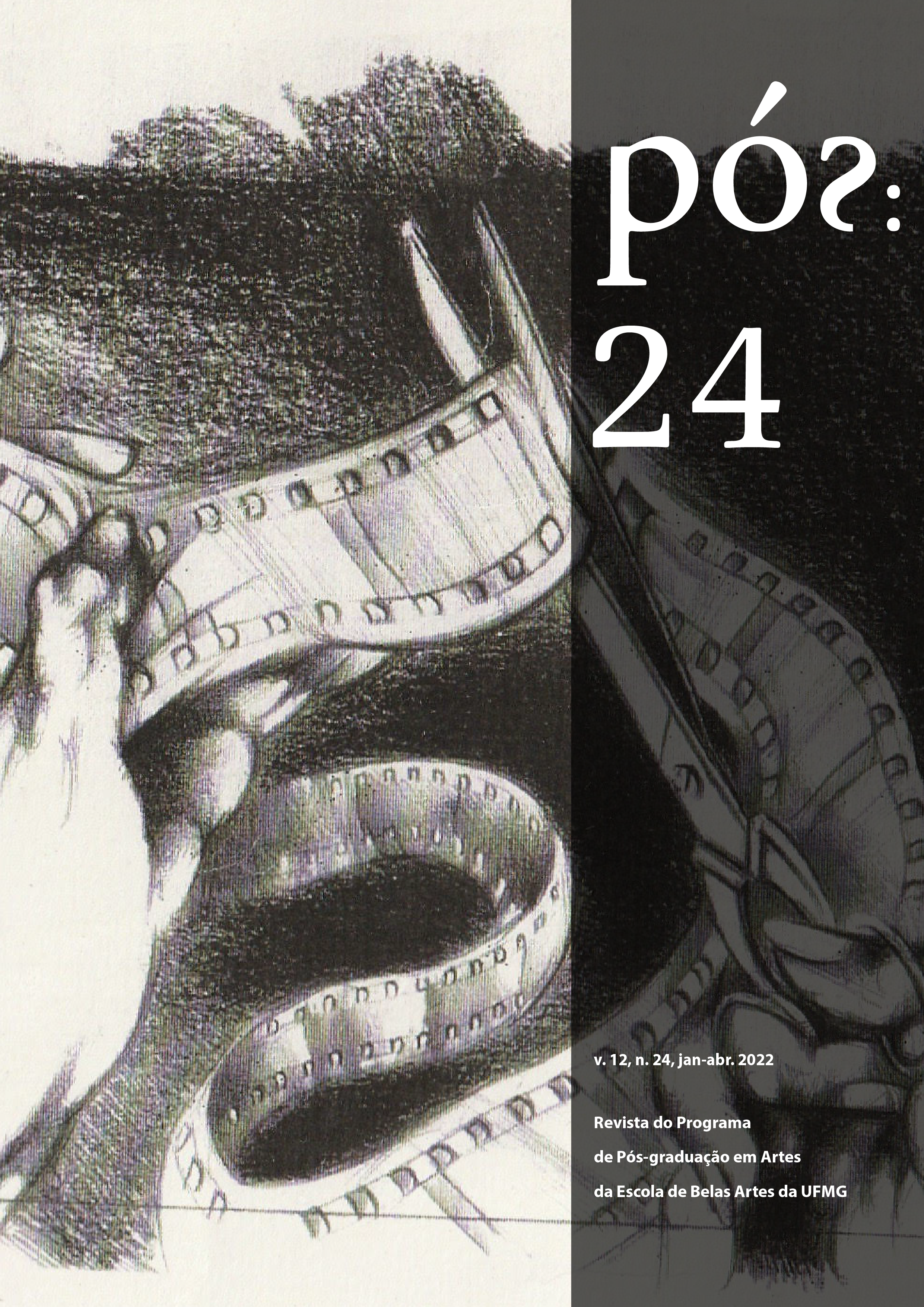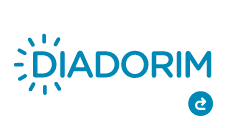A Woman under the Influence
A body's revolt against domestic space
DOI:
https://doi.org/10.35699/2237-5864.2022.36149Keywords:
film analysis, John Cassavetes, improvisation, feminism, bodyAbstract
The article examines the creation process and final form of A woman under the influence (1974) by John Cassavetes, whose invention rests on a poetics of instability. From a more comprehensive discussion of the relationship between the method inaugurated by the filmmaker and the frontier he establishes between cinema and other fields, especially theatre, we then proceeded to an analysis that confronts film with a feminist approach. In film analysis, we will pay attention to the way in which the unstable style of films prolongs, duplicates and unfolds equally unstable dramaturgical realities, which he tended to privilege.
References
AUMONT, Jacques. Le cinéma et la mise en scène. Paris: Armand Colin, 2010.
BARTHES, Roland. O teatro de Baudelaire. In: _____.Ensaios críticos. Lisboa: Edições 70, 1977.
BAZIN, André. O que é o cinema?. São Paulo: Ubu, 2018. BRENEZ, Nicole. De la figure en general et du corps en particulier:L’invention figurative au cinema. Paris; Bruxelas: De Boeck Université, 1998.
CASSAVETES, John. A woman under the influence [Uma mulher sob influência]. Direção: John Cassavetes. Los Angeles:Faces International Films, 1974. 1 DVD (146 min.), son., color., 35mm. Cópiaconsultada: DVD The Criterion Collection.
CARNEY, Raymond. American Dreaming: The films of John Cassavetes and the American Experience. Berkeley: University of California Press, 1985.
CARNEY, Raymond (ed.). Cassavetes on Cassavetes. Londres: Faber & Faber, 2001.
COHEN, Lola (ed.). The Lee Strasberg Notes. London; New York: Routledge, 2010.
COMOLLI, Jean-Louis. Le détour par le direct I. Cahiers du cinéma, n. 209, feb. 1969.
COMOLLI, Jean-Louis. Le détour par le direct II. Cahiers du cinéma, n. 211, apr. 1969.
COMOLLI, Jean-Louis. Mais verdadeiro que o verdadeiro: O cinema de John Cassavetes e a ilusão davida. In: GUIMARÃES, César; CAIXETA, Rubens (org.). Ver e poder - A inocência perdida: cinema, televisão, ficção, documentário. Belo Horizonte: Editora UFMG, 2006. p. 224-229.
ELDUQUE, Albert. Generos fluidos: familias, amores, sueños. In: MONTERO, José Francisco (org.). John Cassavetes: interior noche. Barcelona: Trayectos Shangrila, 2018. p. 310-333.
FÉRAL, Josette. Além dos limites: teoria e prática do teatro. São Paulo: Perspectiva, 2015.
FEDERICI, Silvia. O ponto zero da revolução. São Paulo: Editora Elefante, 2019.
GERSTENKORN, Jacques et. al. Cinéma et thêatralite. Lyon: Universidade Lumière/Lyon 2 e Aleas Editeur, 1994.
JOUSSE, Thierry. John Cassavetes. São Paulo: Nova fronteira, 1992.
MOUËLLIC, Gilles. Improviser le cinéma. Crisnée: Éditions Yellow Now, 2011.
ROUCH, Jean. La caméra et les hommes [1973]. In: TOFFETTI, Sergio (a cura di). Jean Rouch, le renard pâle. Torino: Centre Culturel Français de Turin/MuseoNazionale del Cinema di Torino, 1991. p. 53-63.
STANISLAVSKY, Constantin. A preparação do ator. Rio de Janeiro: Civilização Brasileira, 1984.
WEXMAN, Virginia Wright. Masculinity in Crisis: Method Acting in Hollywood. In WOJNICK, Pamela Robertson (ed.). Movie Acting, The film reader. New York: Routledge, 2004. p. 127-144.
Downloads
Published
How to Cite
Issue
Section
License
Copyright (c) 2022 Maria Chiaretti

This work is licensed under a Creative Commons Attribution-NonCommercial 4.0 International License.
Authors who publish in this journal agree to the following terms:
- Authors retain copyright and grant the journal the right of first publication, with the work simultaneously licensed under the a Creative Commons Attribution-NonCommercial 4.0 International License that permits sharing of the work with acknowledgement of authorship and initial publication in this journal;
- Authors are permitted to enter into additional contracts separately, for non-exclusive distribution of the version of the work published in this journal (e.g., the Creative Commons Attribution License).
- Authors are permitted and encouraged to publish and distribute their work online (e.g., in institutional repositories or on their home page) at any point before or during the editorial process, as this may generate productive changes as well as increase the impact and citation of the published work.
- It is the responsibility of the authors to obtain written permission to use in their articles materials protected by copyright law. Revista PÓS is not responsible for copyright breaches made by its contributors.












